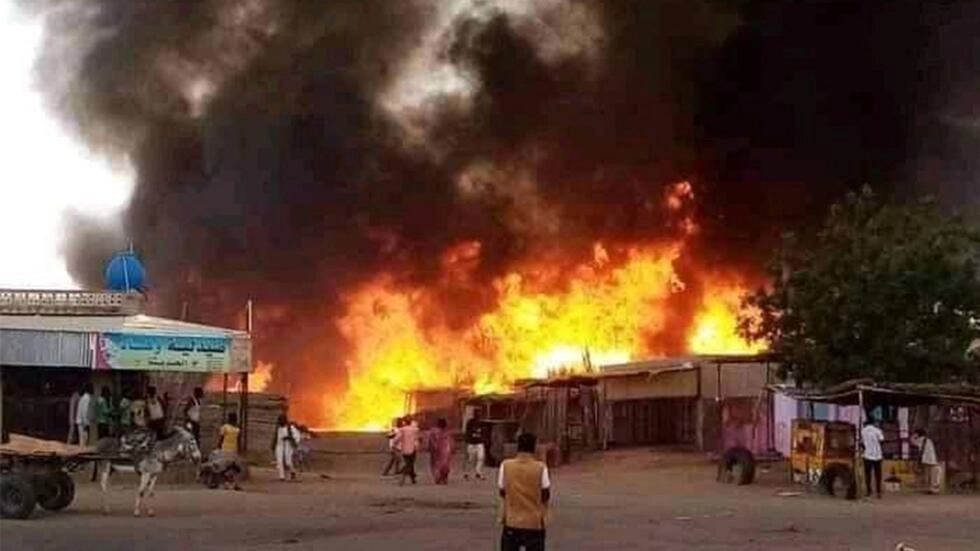November 30, 2009 (KHARTOUM) – The Halayeb triangle region on Sudan’s borders with Egypt will be included in the upcoming elections despite its status as a disputed area, the Sudanese electoral commission said.
In October the electoral board took a surprise decision and announced that the residents of the Red Sea border area of Halayeb will be allowed to register as voters in the elections saying that they are Sudanese citizens with constitutional rights under the color of law.
However, Egypt informally objected to the decision and conveyed messages to the Sudanese government saying the matter is a “red line” given Cairo’s long standing assertions that the area is part of its territory.
A few weeks later the Sudanese presidential adviser Mustafa Ismail visited Cairo and downplayed the dispute saying that the electoral commission did not consult with the government before making its decision.
Jamal Mohamed Ahmed Al-Amin the electoral commission secretary general told the pro-government Sudanese Media Center (SMC) that they have included Halayeb that the board will work on implementing its decision in accordance with “political direction from the state” stressing the rights of the local residents in voting.
The Beja Congress, a political group comprised mainly of ethnic tribes in Eastern Sudan, is pressing Khartoum to take action on the dispute with Egypt up to and including resorting to international arbitration.
They accused the Egyptian authorities of intimidating and bullying the pro-Sudanese figures in the region.
Many observers say that Khartoum is reluctant on bringing up the issue with Egypt as it seeks the latter’s political backing particularly with regards to the row with the International Criminal Court (ICC) which issued an arrest warrant for Sudanese president Omer Hassan Al-Bashir.
The Halayeb triangle that overlooks the Red Sea has been a source of tension between the two countries as early as 1958, shortly after Sudan gained independence from British-Egyptian rule.
The border issue was laid to rest until the 1990’s when relations between the two countries worsened over accusations that Sudan is harboring Islamic militant groups seeking to overthrow the Egyptian regime.
A failed attempt on the life of the Egyptian president Hosni Mubarak was blamed on Khartoum after which Cairo moved to assert full control over the area.
حركة العدل و المساواة السودانية
موقع متخصص بنقل آخر الأخبار و البيانات و القرارات لحركة العدل و المساواة السودانية


